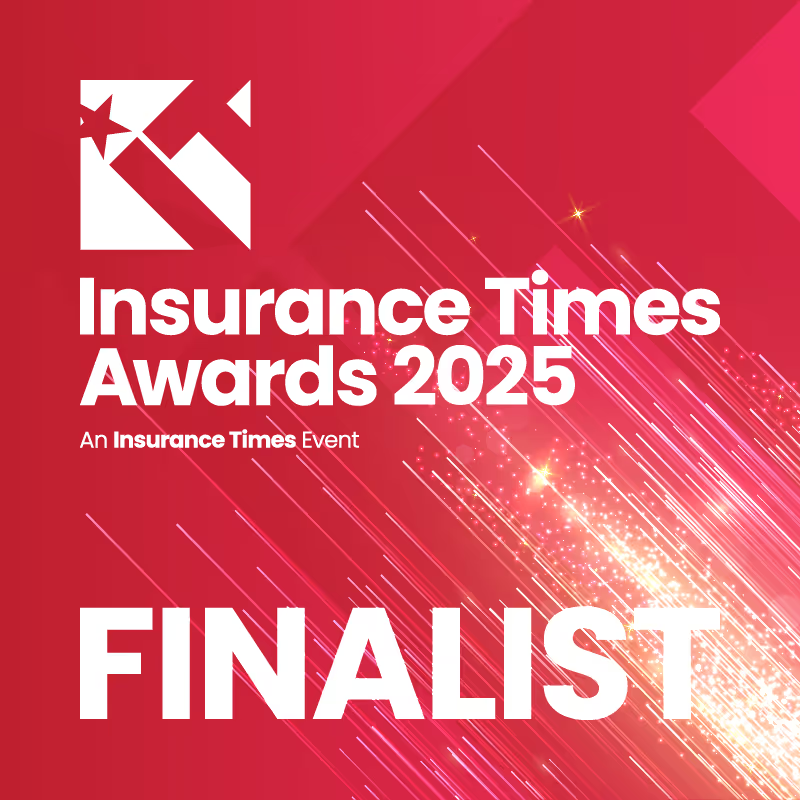The use of Artificial Intelligence in healthcare in the UK is already happening, and a considerable amount of investment is going into AI in this sector too.
For example, the government announced in 2019 that it would be investing approximately £250 million into artificial intelligence technology development that could be then used by the National Health Service.
The idea behind this initiative, is that AI investment will help to dramatically improve care and also reduce waiting times for procedures. By 2030, the aim is to 'transform the prevention, early diagnosis and treatment of chronic diseases' through the use of AI and data.
This initiative will also include the creation of a national artificial intelligence lab that works on better-protecting people from diseases as well as who is more at risk of getting them.
How is AI used in healthcare?
As briefly mentioned, AI is already being used in the health sector. Whilst issues regarding data privacy concerns and possible lack of oversight by a human have been highlighted, there are still a variety of benefits that AI-powered tools bring to the health sector. Let's take a closer look at how the NHS is already using AI.
DeepMind
In collaboration with Moorfields Eye Hosptial NHS Foundation Trust, Google's DeepMind has created an AI tool that can identify serious eye conditions in a matter of seconds and claims to have the equivalent accuracy of a doctor with 20 years' experience. DeepMind can even rank patients in terms of level of urgency for further eye treatment.
HeartFlow
HeartFlow uses AI in order to analyse patients CT scans and then creates a 3D model that shows how blood is flowing around the heart. This technology is primarily being used to help doctors spot coronary heart disease, as blood flow blockages can be far more easily detected through this tech.

HeartFlow is also much less expensive than an angiogram procedure would be, cutting overall costs by one quarter. When budgets are already extremely tight on the NHS, this comes as very welcome news.
InnerEye system
Pioneered by Microsoft, this AI technology is being used at Addenbrooke hospital in Cambridge to help speed up the process of detecting prostate cancer. InnerEye automates the scans anonymously, highlighting the prostate on image, tumors and any other abnormalities.
Following the huge success of DeepMind with prostate cancer treatment, there are now plans to develop this AI technology to be used for identifying and treating brain tumours.
UCLH and UCL algorithm project
A team at the University College Hospital in London, in collaboration with UCL, has created an algorithm that is able to identify with an accuracy of 90% patients who were most likely not to attend for MRI scans. Missed hospital appointments cost a significant amount to the NHS and waste staff and patient time, meaning that this project has the potential to make the NHS more efficient and save millions.
Chatbots
Another way in which the healthcare sector, specifically the NHS, is using AI is through chatbots. A notable example includes Alder Hey Children's Hospital, which has created a Messenger bot that enables children to ask the bot, called 'Olly', any questions they have prior to surgery.
The experiment has found that patients can find it an easier, more approachable way to get answers to difficult questions, or even questions they may otherwise be embarrassed about.

Dani’s actuarial experience and passion are key. He is a strong advocate of innovation, optimism and communication, both within the team and for the clients. Dani’s ability and experience with data ensure that we always maximise value and efficiency for every project, enabling us to unlock hidden value for the clients business.












